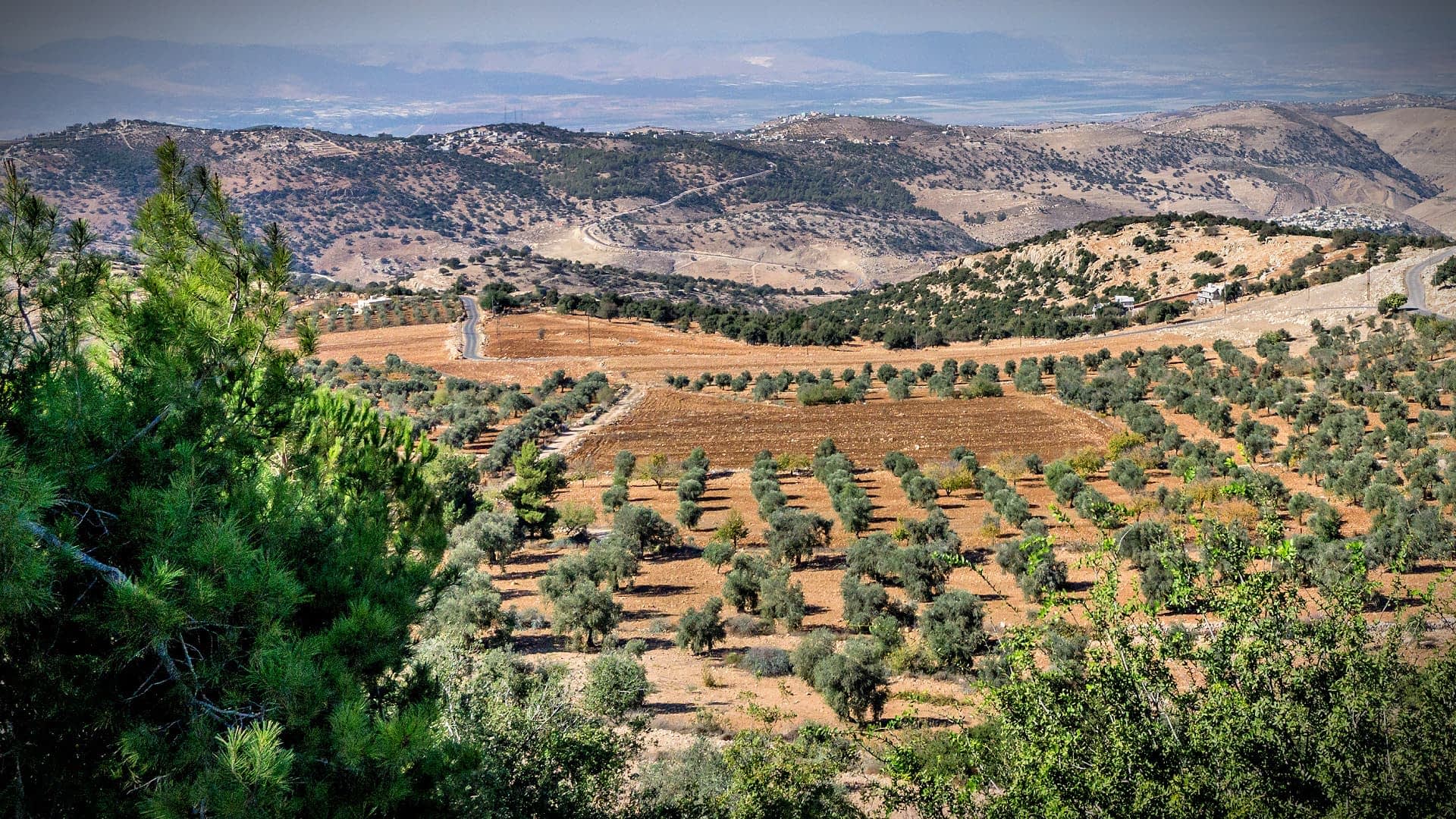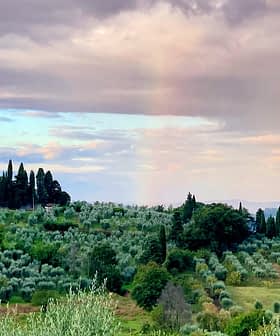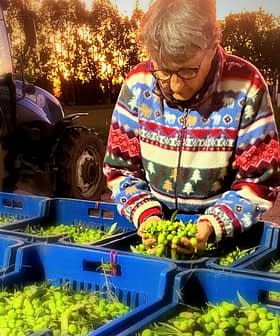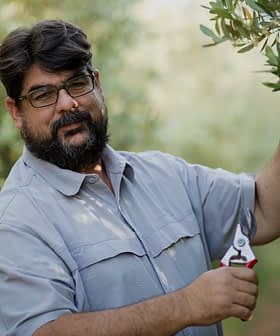 5.5K reads
5.5K readsProduction
Jordanian Farmers Expect Fall in Production Due to Drought, Pests

Jerash, a productive agricultural region in Jordan known for high-quality olive oil production, is facing economic pressure and threats to its olive groves due to high production costs, tourism demand for land, and recurrent droughts. Efforts are being made to restore degraded land and improve yields in the region through partnerships between organizations like BirdLife, the Critical Ecosystem Partnership Fund, and Enviromatics, with a focus on encouraging traditional farming practices among local farmers, particularly women.
Jerash is a highly productive agricultural region about 35 kilometers north of Amman, the capital of Jordan. Its ancient groves are renowned for producing high-quality olive oil.
However, high production costs, demand for land from the tourism industry and recurrent drought have increased the economic pressure growers face and are threatening the groves, putting the country’s olive oil production at risk.
See Also:2021 Harvest UpdatesDue to the lack of rainfall and scorching temperatures, olive farms reported a 20-percent decrease in the amount of fruit harvested this year compared to last.
According to the International Olive Council data, Jordan produced 25,000 tons of olive oil in the 2020/21 crop year, which is slightly above the rolling five-year average, but far less than the record-high 34,500 tons recorded in 2019/20.
Rateb Silwan is among the remaining farmers in Jerash who anticipate a poorer harvest this year due to drought.
Last year, he produced 1,200 liters of olive oil on his two-hectare piece of land. This year, he expects half of that. Two decades ago, he produced 2,000 liters of olive oil each year.
“Droughts were almost unheard of then,” he told The National. “Now they happen every four years or so.”
Since the 1950s, most of the farmers in northern Jordan have watered their crops from the East Ghor Canal, which is fed by the Yarmouk and Jordan rivers and rainfall.
However, rapid population growth in Amman, the Israeli occupation of the West Bank since 1967 and a dam constructed by Syria on the Yarmouk have heavily depleted the amount of water available for agriculture in Jordan.
In Najada, a village in Jerash that was once famous for producing olive oil, most inhabitants have abandoned traditional farming and moved to urban areas in search of new sources of income.
The village’s proximity to the Debin Forest Reserve also puts its agricultural land under intense pressure from investors seeking to build tourist resorts.
See Also:The Best Olive Oils from JordanA few years ago, some of the remaining farmers imported genetically-modified cultivars in a last-ditch effort to salvage the situation.
However, their efforts were ultimately in vain as the trees could not deal with the emergence of new pests and diseases that were highly resistant to conventional methods of controlling them.
Among the most pernicious of the pests plaguing olive growers in the region are various insect species, vipers, moles and wild boar.
The heavy application of pesticides also has unbalanced the local ecosystem, which negatively impacted productivity in the region.
However, efforts are underway to help restore some of the region’s degraded land by returning to traditional farming methods and sustainable land management methods.
BirdLife, the NGO that strives to conserve birds and their habitats, has partnered with the Critical Ecosystem Partnership Fund and the Jordanian-firm Enviromatics to encourage farmers in Najda, specifically women, to take up traditional practices.
The three organizations have agreed to send experts to help 10 local farmers improve yields and more effectively control pests in an environmentally friendly way.
“This will be a great opportunity to learn from other women and produce high-quality products,” Abeer Freihat said about the triumvirate’s efforts.









